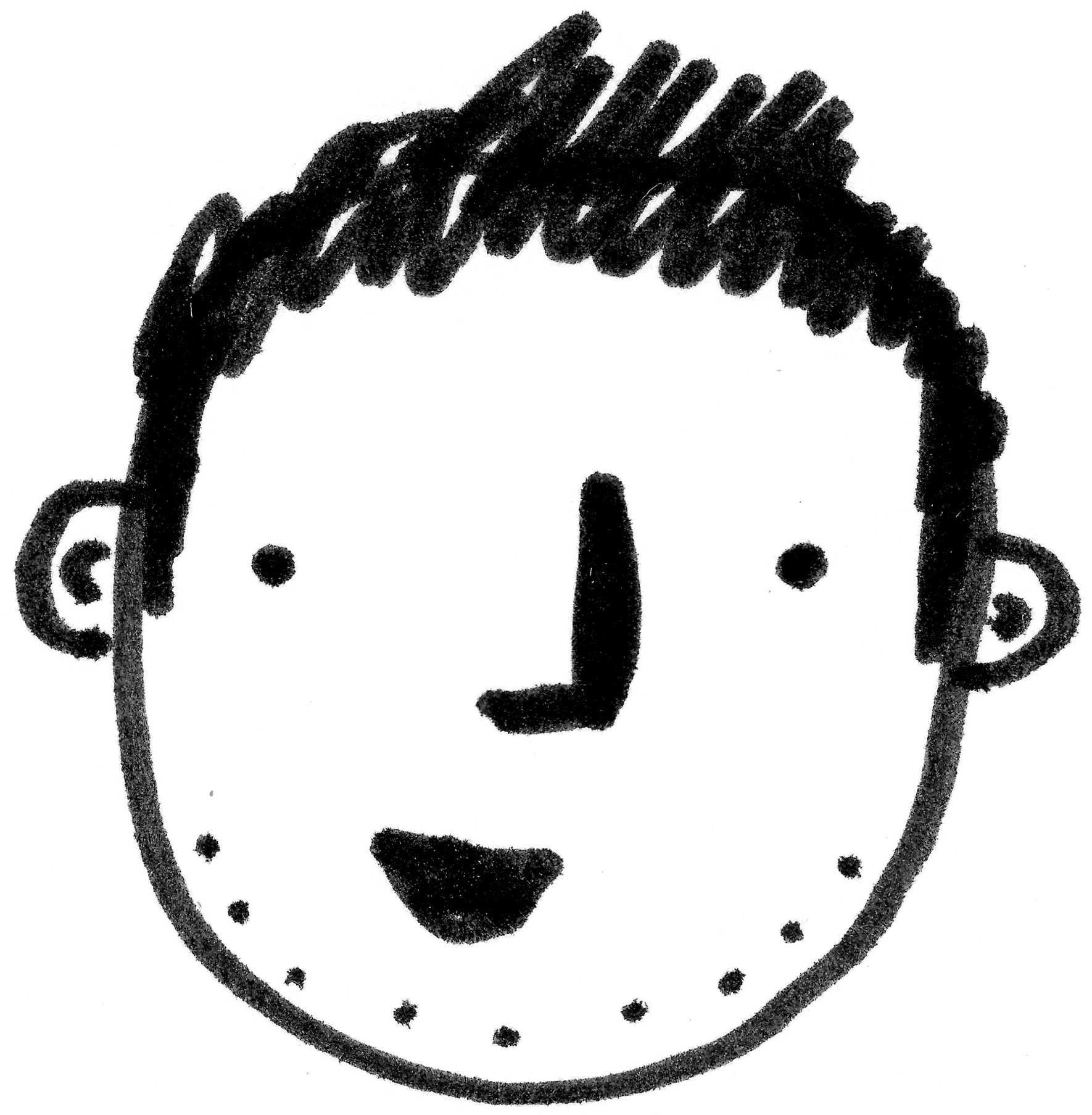





JZ
Jake’s distraction-free iPhone was a bit extreme, and I admit I didn’t try it right away. But once I did, I loved it. So the two of us began searching for other redesigns—ways to switch our default setting from “distracted” to “focused.”
I started reading the news only once a week and reprogrammed my sleep schedule to become a morning person. I experimented with eating six small meals a day and then tried eating just two large ones. I adopted different exercise regimens, from distance running to yoga classes to daily push-ups. I even persuaded my programmer friends to build me customized to-do-list apps. Meanwhile, Jake spent a full year tracking his daily energy levels in a spreadsheet, trying to understand whether he should drink coffee or green tea, whether he should exercise in the morning or the evening, and even whether he liked being around people (the answer: yes…mostly).
We learned a lot from this obsessive behavior, but we were interested in more than just what worked for us; we still believed in the idea of a system that anyone could tailor to their own life. To find it, we’d need some human test subjects besides ourselves, and as luck would have it, we had the perfect laboratory.
While working at Google, Jake created something he called a “design sprint”: basically a workweek redesigned from the ground up. For five days, a team would cancel all meetings and focus on solving a single problem, following a specific checklist of activities. It was our first effort at designing time rather than products, and it worked—the design sprint quickly spread across Google.
In 2012, we started working together to run design sprints with startups in the Google Ventures portfolio. Over the next few years, we ran more than 150 of these five-day sprints. Nearly a thousand people participated: programmers, nutritionists, CEOs, baristas, farmers, and more.
For a couple of Time Dorks, the whole thing was an amazing opportunity. We had the chance to redesign the workweek and learn from hundreds of high-performing teams at startups including Slack, Uber, and 23andMe. Many of the principles behind Make Time were inspired by what we discovered in those sprints.